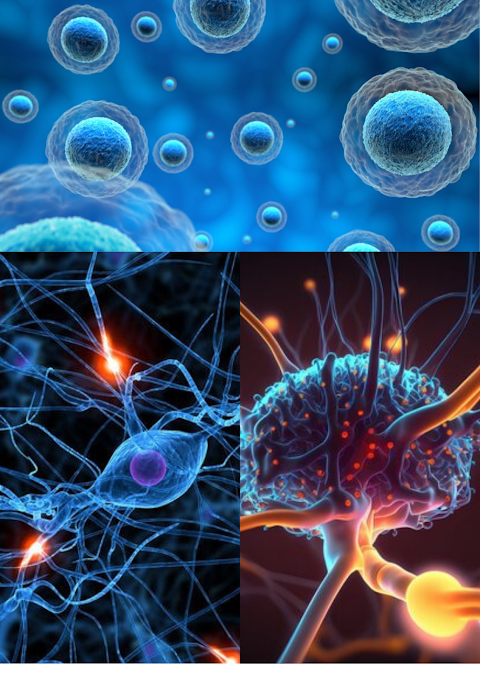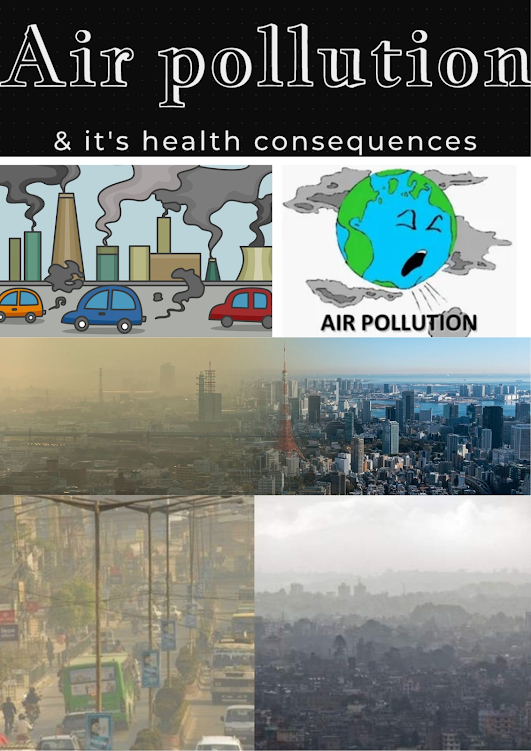Emerging Intracellular Electrical Phenomena: Implications for Paradigm Shifts in Biological Chemistry Research

Summary of the article The human body depends on electrical charges for many biological processes, including brain activity and nerve impulses. Previously, it was believed that cellular membranes were necessary to create an electrical charge imbalance. However, recent research from Stanford University has shown that a similar electrical imbalance can exist between microdroplets of water and air. Now, researchers from Duke University have discovered that these types of electric fields also exist within and around biological condensates, a type of cellular structure. These structures form compartments inside the cell without needing the physical boundary of a membrane. The researchers discovered that when environmental conditions are right, a previously unknown phenomenon occurs in these biological condensates, which creates a redox reaction that produces tiny amounts of hydrogen peroxide. This discovery could change the way researchers think about biological chemistry and provide a...



